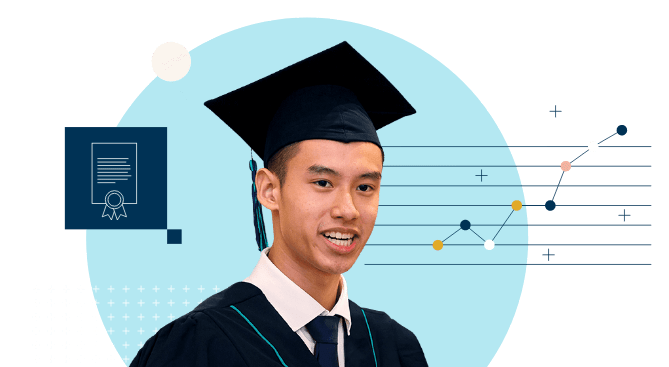If you are unsure about the best language choice for you, then we can discuss this to make sure that you have understood all the issues and the options available.
We offer taught First Language courses. You may be able to choose the IB School Supported Self-taught Language A option, and follow a course in any one of over 40 languages recognised by the IB. You’ll need to talk with the IB Diploma Coordinator about whether or not this is an appropriate option.
A study of Language and Literature combines the study of literature with an understanding of the constructed nature of meanings generated by language. You will appreciate the power of imagination and learn to analyse complex ideas and express thoughts orally and on paper. The command and understanding that you gain through the IB first language course will open doors for you for the rest of your life.
What is English Language and Literature?
English Language and Literature is about the study of language, not only through literary texts but also through a miscellany of texts from print advertising and blogs, to political speeches. You will read and study great pieces of writing drawn from across the world, across different time periods and, as a result, develop critical thinking skills that will help you form your own opinions and ideas based on an understanding of multiple perspectives.
In choosing to study English Language and Literature, you are embarking on a journey that will open your mind to the richness of world literature, alongside developing your craft as a writer.
As an English student, you will be encouraged to explore the key concepts in the development of Language and Literature over time. You will develop an awareness of the philosophical, psychological and socio-historical circumstances that inform the production of classic works of fiction as well as texts that have come to reflect and shape the ideologies of various cultures.
You’ll develop an understanding of the power of the written and spoken word as well as the power of the visual by reading across the genres of Prose and Poetry and Drama and analysing new mediums such as social networking, advertising and various facets of mass media.
In English, we aim to arm our students with sharp analytical tools to understand how language can be manipulated and utilised by those who create our culture, such as corporations, writers, bloggers and politicians. We will also give you a range of ways to demonstrate your knowledge through class discussions, constructing media texts, essays and oral assessments. In Parts 1 and 2 of the course you’ll explore Language in Cultural Context and Language and Mass Media which will allow you to reflect on your own identity as well as develop an understanding of how language has influenced the culture of others.
You will explore core ideological beliefs of the East and the West and identify how these are conveyed through popular culture. Parts 3 and 4 of the course focus on literary texts from various time periods and parts of the world. In these units, you will develop your critical understanding of the context of literary texts, and question how language is used to shape meaning.
Chinese A: Language and Literature SL
Chinese A: Language and Literature HL
Language A - Literature (HL-SL)
.jpg?h=481&iar=0&w=1400&rev=1e9aab3100b042bf847dd2aa7d202b73&hash=380CA00AC2C0465ECBF408338B5F0F26)
